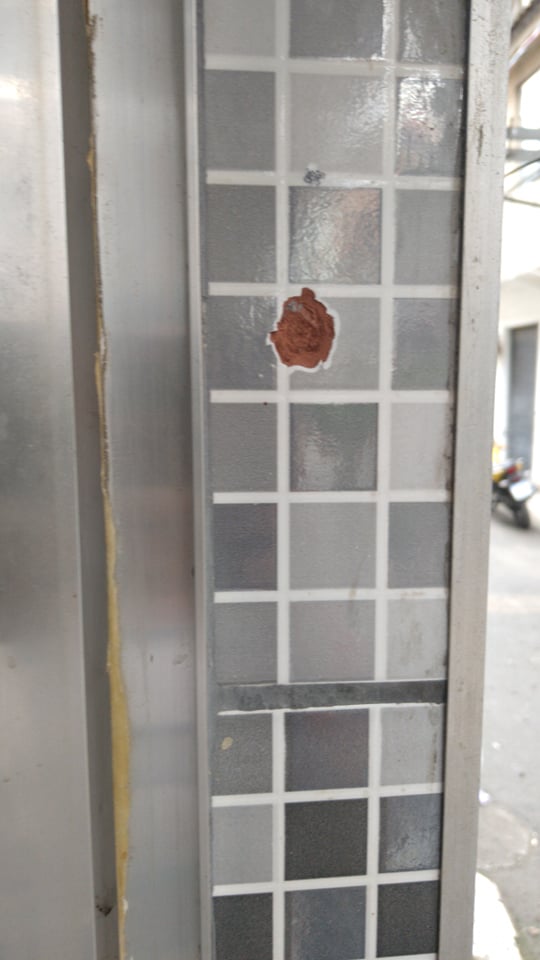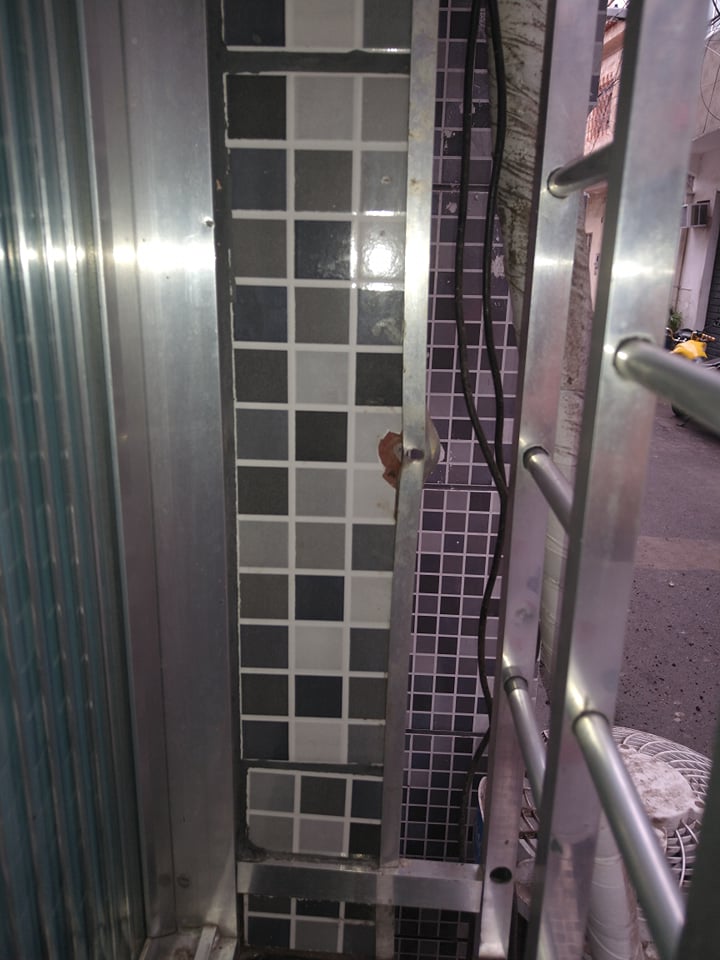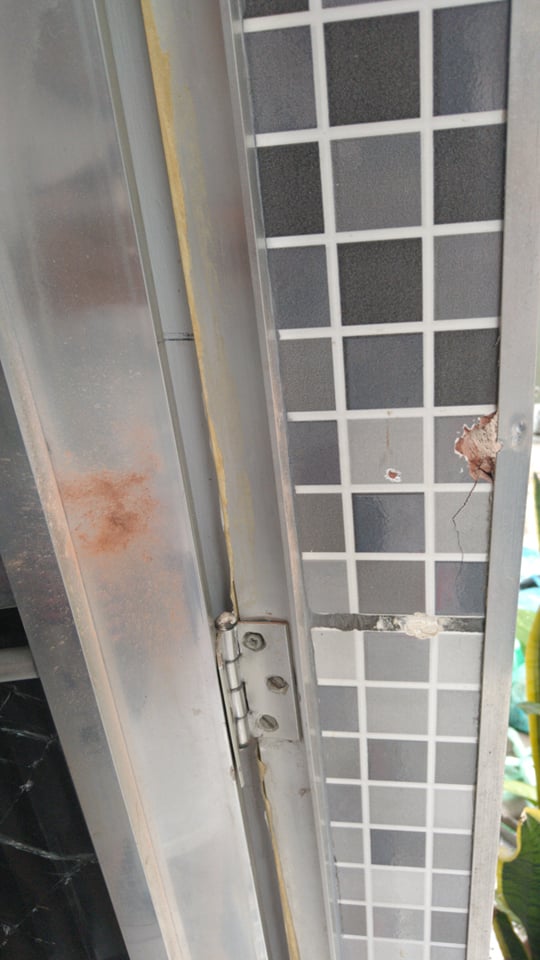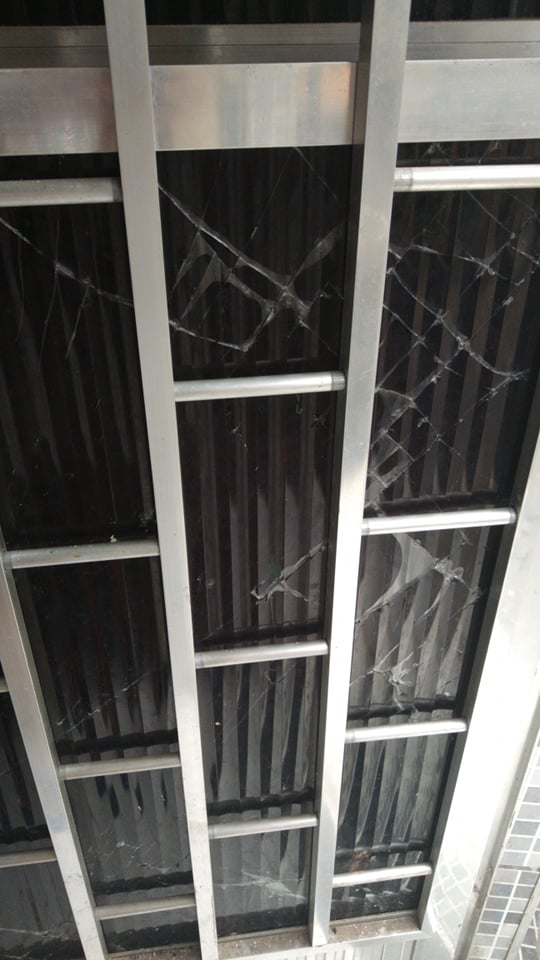Police Violence in the Mare Favela: the daily life of a Brazilian trans leader
Photo: Favela da Maré Instagram On the morning of November 19, Brazilian trans activist Gilmara Cunha, president of Grupo Connection G, an organization that works for the LGBTI community in […]
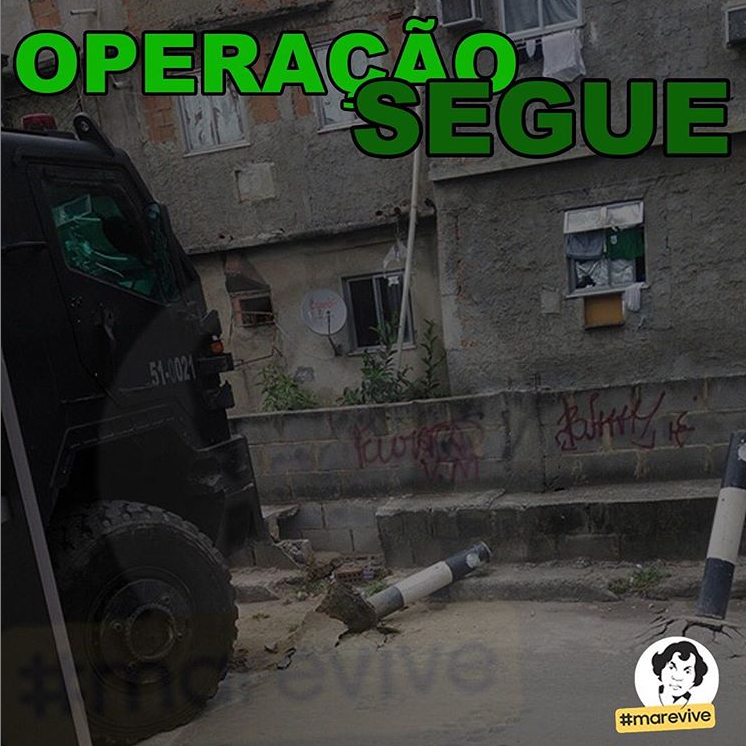
Photo: Favela da Maré Instagram
On the morning of November 19, Brazilian trans activist Gilmara Cunha, president of Grupo Connection G, an organization that works for the LGBTI community in the Complex of Maré (the largest favela complex in Rio de Janeiro), reported on Facebook that her house had been hit with shots at dawn.
The cause of the shooting was one of the police operations that occur in the sector under the pretext of fighting drug trafficking, which has become one of the problems that has most affected the lives of the favela population in Rio de Janeiro.
According to data from the Public Security Institute, from January to August 2019 alone, there were 1,144 deaths caused by police officers[1]. The number is 18.3% higher than data for the same period last year, when there were 967 murders. An analysis by the UOL news site that considered the data for the first half of 2019, showed that of the 881 deaths recorded in police operations to date, occurring in areas controlled by drug trafficking[2].
The current governor of the state of Rio de Janeiro, Wilson Witzel, was elected in 2018 with a speech backed by the fight against drug trafficking. In an interview last year, before taking office, Witzel had already stated that police officers who killed drug traffickers with rifles should not be held liable “under any circumstances” in a true murder policy[3].
According to the Maré Vive site, a communication channel that the community made in collaboration with the Complex of Maré residents from different parts, and who are observers of the police operations that occur in the area, the Special Operations Command Police launched an operation at 4:50 a.m. on November 19, in the Parque Unión, Rubens Vaz, Tide Park and New Holland neighborhoods, all favelas that make up the Maré Complex and the poorest in the sector.
At 5:36 in the morning, the Maré Vive page announced that shots were heard to warn people not to leave their homes for their safety.
A few hours later Gilmara Cunha’s publication was made, which showed images of the bullet holes in her house. In the publication, Gilmara states that she is proud to be a travesti and a resident of black neighborhoods and slums, but warns that measures must be taken on the situation of violence experienced by people in the favelas, and that it is necessary to discuss racism as a way to build security policies.
This is not the first time Gilmara Cunha has been affected by police operations. In September of this year, we denounced the case that happened during the 1st LGBTI Culture and Citizenship Festival of Favelas, an event with artistic, political, and professional presentations, organized by Connection G, which interrupted its activities due to a police operation in the Favela of Maré. Two inhabitants were killed during the operation, which lasted approximately 20 hours. People who attended the event had to remain locked up until the shooting ceased. Two days later, during the LGBTI Parade of the Favela da Maré, Gilmara Cunha shouted from the top of the car:
“This State kills us every day! Stop killing us! We are here claiming lives! We live these days practically in the midst of violence, where the police entered our homes, murdered residents, and we cannot allow that to happen! This city is not a separate city! Maré is part of this city! We cannot accept it as if it were normal! Enough! Enough! Stop killing our slum population! We are here to claim rights! Being here today is an act of resistance!
About the Connection G Group
Gilmara Cunha is a national reference in the LGBTI movement in Brazil. Not surprisingly, on December 8, 2015, she was awarded the Tiradentes Medal, the highest honor granted by the Legislative Assembly of the State of Rio de Janeiro (ALERJ in Portuguese) for the services she provided to the community.
The Connection G Group, chaired by Gilmara, is a civil society organization that has been working since 2006, with the mission of fighting for public policies on human rights, health, public education and security for LGBTI people living in the Favela of Maré. One of them is “Just like you, I also demand my rights!” The objective is, through citizenship and rights classes, to promote the human rights of black transgender women and transvestites in the favelas of Maré and Palmares, to help minimize violations of their rights and promote respect for their lives.
In August 2019, due to the academic visit by Commissioner Margarette May Macaulay to Brazil, promoted by Race and Equality, the Commissioner met the transsexual and transvestite women who participate in this project in the favela.
At a moving meeting, reports of transvestites who were threatened and shot by police officers and who were hit on purpose, exposed for their HIV status in health systems, and many other stories of human rights violations were heard.
It is remarkable that Connection G performs unique work that reaches people whose lives and demands are unseen: the LGBTI population of the poorest neighborhoods.
Race and Equality calls on the Brazilian State to protect
the work of human rights defenders and change the logic with which it acts
towards people of African descent in the slums. We will continue to monitor the
human rights violations of the Afro-LGBTI community in Brazil and will continue
to demand that the Brazilian State respect their lives.
[1] Data from the Public Security Institute. Available at: http://www.ispvisualizacao.rj.gov.br/index.html
[2] UOL. La policía mató a 881 personas en 6 meses en RJ. Ninguno en el área de la milicia. 20 de agosto de 2019. Available at: https://noticias.uol.com.br/cotidiano/ultimas-noticias/2019/08/20/policias-mataram-881-pessoas-em-6-meses-no-rj -no-in-militia.htm? cmpid = copiaecola
[3] UOL. “La policía apuntará a la cabecita y … disparará”, dice Wilson Witzel. 1 de noviembre de 2018. Disponible en: https://noticias.uol.com.br/ultimas-noticias/agencia-estado/2018/11/01/a-policia-vai-mirar-na-cabecinha-e-fogo -firms-wilson-witzel.htm? cmpid = copiaecola
